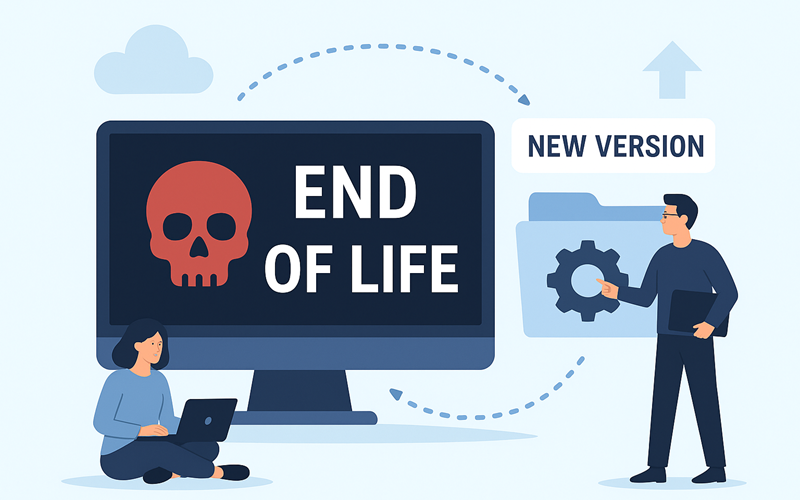
"Redis Enterprise 7.2 comes to its official end of life in February 2026, so what should users do in this situation and what lessons can they take away for the end-of-life management experiences that they will inevitably experience with other platform and tools? Redis is good, but when a version update drives users into an alleyway, what should they do? As an open source, in-memory data store known for its ability to act as a distributed cache, message broker and database, Redis is lauded for its high-performance, low-latency read/write speeds achieved through memory data storage. Come February next year, Redis software application developers, data science professionals and other connected operations staff will need to have been doing some prudent planning."
""A key factor in the whole change management for Redis (or indeed any technology) is licensing," explains Martin Visser, Valkey technology lead at Percona. "Redis the company has changed the software license for Redis the software. Redis 7.2 was the last version available under the BSD 3-clause license, which allows users to deploy and use Redis for what they see fit. Redis 7.4 was launched under a new Redis Community license and under the Server Side Public License, or SSPL. Neither of these licenses is on the list approved by the Open Source Initiative, as they prevent specific use cases, which is against the Open Source Directive guidance that the software can be used by any user for any purpose. Redis then changed its approach again and adopted the GNU Affero license for version 8.0.""
Redis Enterprise 7.2 reaches official end of life in February 2026. Developers, data scientists, and operations staff must plan migrations and security strategies before that date. The open source Redis 7.2 has no official security patches available, leaving only self-applied fixes for those with required skills. Licensing has shifted across versions: Redis 7.2 used BSD 3-clause; Redis 7.4 introduced a Redis Community license and SSPL; Redis 8.0 adopted the GNU Affero license. The newer licenses are not OSI-approved and impose use-case restrictions. Users must evaluate licensing impact, patching options, and migration paths to maintain compliance and continuity.
Read at Techzine Global
Unable to calculate read time
Collection
[
|
...
]